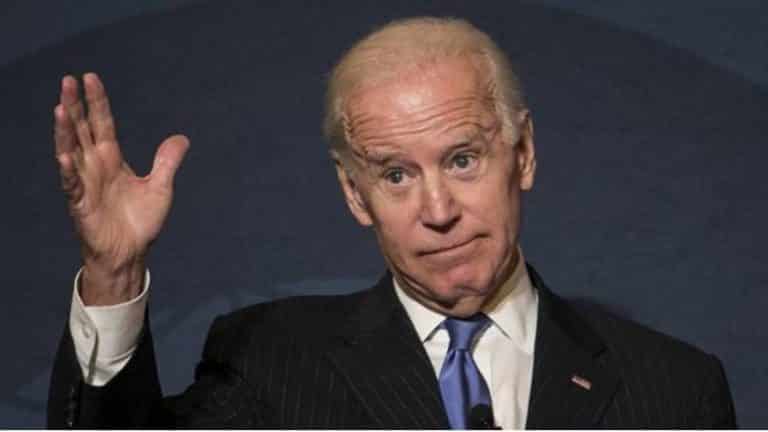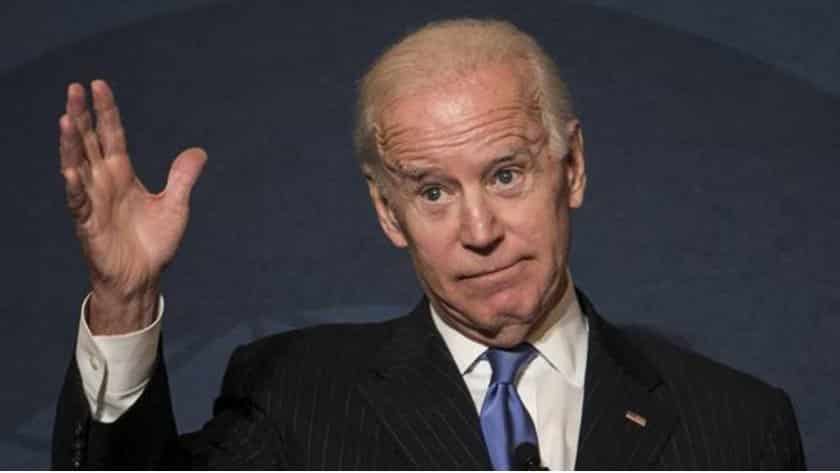
Build Back Better Act is not welcomed by non-US automotive giants, why?
Biden’s Build Back Better Act has passed the House of Representatives on November 19th and it is now being discussed in the Senate. The 1.75 trillion dollars bill consists in social and environmental-friendly provisions, like Medicare expansion, Child Tax credits, renewable energy credits and subsidies on the purchase of electric vehicles.
The main sector (to which most of funds are intended to) is climate change. The bill should boost US to reach the goal of cutting carbon emissions by a half before 2030. Main provisions are tax incentives to install solar panels, to the manufacturing of clean energy technologies, and to buy electric vehicles. Among the social provisions there is one further year of child tax credits (that cut 25% of overall child poverty in the country last year) and free preschool for 3 and 4 year-old children. Healthcare, housing, and paid leave make up the remaining main part of the bill.
According to House Speaker Nancy Pelosi this bill will improve the quality of millions of Americans’ lives.
Biden’s Build Back Better Act is very likely to pass the Senate, despite having found issues in clearing the House of Representatives. Over the last few months, it has been revised several times and it only passed with 220 votes against 213.
“Nothing in DC is 100% sure, but I think the odds are very high, I’d say 80-90% that we get some sort of BBB,” said Mike Feroli (chief U.S. economist at J.P. Morgan), at CNBC.
Perhaps it is going to be revised once again, but the core part of the bill will probably be approved and start being effective soon.
At a political level this approval represents one of the major moves of the new US President, and it should smooth the critics and reduce uncertainties about US economy after inflation and global supply chain crises.
Some topics did raise controversies. One of the most discussed is the one about Electric Vehicles.
With respect to EVs, the law, up to now, is an extension of an already-existing tax incentive on battery-electric vehicles. It adds a 500$ incentive for vehicles that use US-built batteries and further $4500 for cars produced with unionized labor.
These 4500$ represent more than a third of the maximum incentive and penalize non-US multinationals which are not unionized. Among them we find German and Japanese companies, that represent a consistent share of the total US market of cars.
This means that American consumers are highly encouraged to choose a Ford, GM, or Chrysler electric vehicle rather than opting for a foreign competitor.
VDA, the German Association for Automotive industry, in a press release from 9th December, emphasized the fact that the new US bill should not discriminate German manufacturers. Through its President’s words they reminded that the climate goals must be reached together, in compliance with WTO rules and avoiding trade conflicts.
Also Japanese companies intervened on the topic. Toyota defined unfair the choice of the Congress and declared that the environment must have a higher priority than politics and unionization. Honda invited US consumers to fight for equal incentives.
Last, this bill will also have an effect on vehicles produced in Mexico and Canada that will be driven out of the US market, since they will become far less convenient than their Detroit competitors. Representatives of both countries manifested their concern.
The transition from fuels to electric is still not easy and large investments are needed: firms should convert or build new factories, charging stations must be installed in cities. Furthermore, taxes on fuel are still an important source of income for governments that should therefore consider changes in the tax system if this inflow starts missing. In general, all big changes require time and resources. So, what could be reasonably expected from politics is, at least, international collaboration and lower protectionism, especially on this matter and between economic powers that are considered to be allied, like US and Europe.
Author: Salvatore Aiello
Build Back Better Act is not welcomed by non-US automotive giants, why?
Biden’s Build Back Better Act has passed the House of Representatives on November 19th and it is now being discussed in the Senate. The 1.75 trillion dollars bill consists in social and environmental-friendly provisions, like Medicare expansion, Child Tax credits, renewable energy credits and subsidies on the purchase of electric vehicles.
The main sector (to which most of funds are intended to) is climate change. The bill should boost US to reach the goal of cutting carbon emissions by a half before 2030. Main provisions are tax incentives to install solar panels, to the manufacturing of clean energy technologies, and to buy electric vehicles. Among the social provisions there is one further year of child tax credits (that cut 25% of overall child poverty in the country last year) and free preschool for 3 and 4 year-old children. Healthcare, housing, and paid leave make up the remaining main part of the bill.
According to House Speaker Nancy Pelosi this bill will improve the quality of millions of Americans’ lives.
Biden’s Build Back Better Act is very likely to pass the Senate, despite having found issues in clearing the House of Representatives. Over the last few months, it has been revised several times and it only passed with 220 votes against 213.
“Nothing in DC is 100% sure, but I think the odds are very high, I’d say 80-90% that we get some sort of BBB,” said Mike Feroli (chief U.S. economist at J.P. Morgan), at CNBC.
Perhaps it is going to be revised once again, but the core part of the bill will probably be approved and start being effective soon.
At a political level this approval represents one of the major moves of the new US President, and it should smooth the critics and reduce uncertainties about US economy after inflation and global supply chain crises.
Some topics did raise controversies. One of the most discussed is the one about Electric Vehicles.
With respect to EVs, the law, up to now, is an extension of an already-existing tax incentive on battery-electric vehicles. It adds a 500$ incentive for vehicles that use US-built batteries and further $4500 for cars produced with unionized labor.
These 4500$ represent more than a third of the maximum incentive and penalize non-US multinationals which are not unionized. Among them we find German and Japanese companies, that represent a consistent share of the total US market of cars.
This means that American consumers are highly encouraged to choose a Ford, GM, or Chrysler electric vehicle rather than opting for a foreign competitor.
VDA, the German Association for Automotive industry, in a press release from 9th December, emphasized the fact that the new US bill should not discriminate German manufacturers. Through its President’s words they reminded that the climate goals must be reached together, in compliance with WTO rules and avoiding trade conflicts.
Also Japanese companies intervened on the topic. Toyota defined unfair the choice of the Congress and declared that the environment must have a higher priority than politics and unionization. Honda invited US consumers to fight for equal incentives.
Last, this bill will also have an effect on vehicles produced in Mexico and Canada that will be driven out of the US market, since they will become far less convenient than their Detroit competitors. Representatives of both countries manifested their concern.
The transition from fuels to electric is still not easy and large investments are needed: firms should convert or build new factories, charging stations must be installed in cities. Furthermore, taxes on fuel are still an important source of income for governments that should therefore consider changes in the tax system if this inflow starts missing. In general, all big changes require time and resources. So, what could be reasonably expected from politics is, at least, international collaboration and lower protectionism, especially on this matter and between economic powers that are considered to be allied, like US and Europe.
Author: Salvatore Aiello
RELATED
Regulatory Developments in ESG Reporting and Their Implications for Businesses
The focus on Environmental, Social, and Governance (ESG) factors has surged, leading to significant regulatory changes worldwide. Key developments include the EU’s Corporate Sustainability Reporting Directive (CSRD), the US SEC’s...
Read MoreThe Earthshot Prize 2022
The Earthshot Prize 2022 The Earthshot prize is an award given to five winners that created some projects that could help our planet face some of the most important challenges...
Read More

